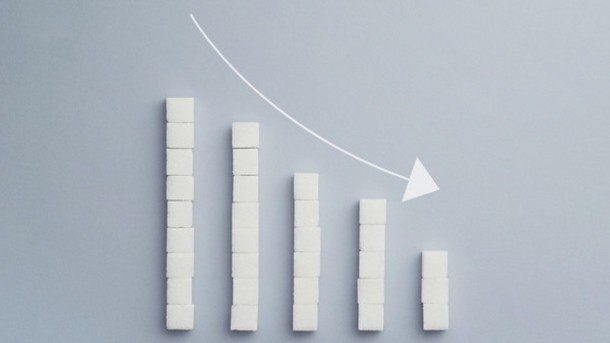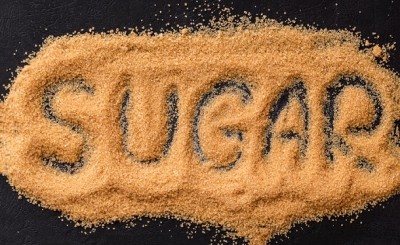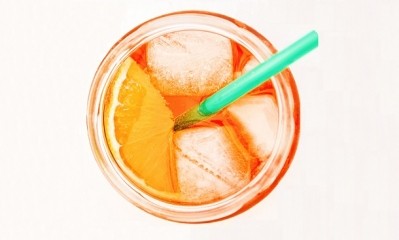The reformulation race: Driving change in sugar-sweetened beverages

Richard Hall, chairman, Zenith Global, says the F&B industry can take the lead on big issues for the sector, particularly in an era of political and economic uncertainty. Take for example the areas of sugar reduction or sustainability measures.
“Industry cannot reply on government to set full frameworks for policy development,” he said. “Public expectations of companies have become much greater, with people expecting the industry to lead on the issues that concern them.”
Sugar in the spotlight
Sugar taxes hit the headlines in 2016, with governments around the world assessing the potential of such measures.
In 2017, the spotlight on sugar taxes continues: Philadelphia introduced its soda tax in January and Chicago’s Cook County is set to follow in July, for example.
The UK government plans to introduce a levy on sugar sweetened beverages in April 2018. In its draft legislation published in December, it claimed the impending legislation was already encouraging producers to reformulate drinks (those that contain less than 5g per 100ml will not be subject to the level; while those with between 5g and 8g will be subject to a lower rate).
Certainly, there has been a flurry of sugar reduction announcements in recent months, mainly using the 5g/100ml threshold as a benchmark.
A.G.Barr says that, 'by accelerating its long-standing sugar reduction programme', more than 90% of its company-owned soft drinks portfolio by volume will contain less than 5g of total sugar per 100ml by this autumn.
UK supermarket giant Tesco has reformulated its own brand soft drink portfolio, with drinks now coming in below 5g of sugar per 100ml.
By July 2017, all of Lucozade Ribena Suntory drinks will have been reformulated to contain less than 4.5g of total sugar per 100g. This will mean the average sugar content of its portfolio, which includes Ribena and Lucozade, will have been cut by 50%.
But, the industry would argue that sugar reduction has been a long term project: The International Council of Beverages Associations (ICBA) says the average calories per 100ml of soft drink has been reduced by 11.5% since 2000, while the British Soft Drinks Association argues the UK’s soft drinks industry represents ‘the only food category where sugar intake is actually falling year on year’ with a 13.6% reduction since 2012.
Industry associations have also set numerous goals to reduce the sugar content of beverages (the American Beverage Association’s goal is for a 20% reduction in beverage calories consumed by 2025; the BSDA has pledged a calorie reduction goal of 20% by 2020, etc).
Responding to the announcement of the UK sugar levy last year, both Britvic and A.G.Barr shrugged off concerns while pointing to their existing low and no calorie portfolio, as well as plans for further reformulation.
“Sugar is a concern for consumers: the answer is that the industry has to do, and is trying to do, as much as it can under its own initiative," said Hall.
"This means reducing sugar where practical without compromising on taste, reducing portion sizes where appropriate and tailoring marketing and communications to the right choices for the right consumer groups.
“I think it is undeniable that a new tax measure is going to channel industry thinking. The UK levy is pushing change, but clearly can’t address obesity by itself. So it’s moving the pendulum towards action in some respects, but it's not addressing broader issues or solving the problem.”
And the UK soft drinks industry is continuing to reformulate: Hall predicts between 75% and 100% of most companies' portfolios are likely to be out of the tax brackets by the time it comes into effect in 2018.
“That is impressive: and it’s the soft drinks industry that’s been addressing sugar over the last 10 and more years," said Hall. "Other parts of the food and drink sector have not moved so far or so fast.”
Industry measures
Key measures used by the beverage industry to address calorie consumption from soft drinks include increased low/no calorie launches; reformulated beverages using alternative sweeteners; smaller pack sizes; nutritional and calorie labelling; and refraining from marketing to children.
But what about making drinks less sweet altogether?
“Consumers have a taste for what they like: sweetness is part of that. In soft drinks as well as in hot drinks, people may like the sweet taste of a refreshing drink – that’s one of its attractive features,” said Hall.
“Can we shift consumer taste buds to a less sweet taste? I think that it’s much more difficult for one sector to change in isolation. If, over time, the whole food industry is encouraged to reduce sweetness, then that would help. But is that possible?”
Environment
Sustainability is another area where Hall believes the industry, again, needs to take the lead, rather than rely on government frameworks or policies.
Earlier this month, Danone and Nestle Waters – two of the world’s largest bottled water companies – pledged to develop and launch at commercial scale a PET plastic bottle made from bio-based material (100% sustainable and renewable resources).
Meanwhile, PepsiCo and biotechnology company Danimer Scientific have announced an agreement to develop Danimer’s biodegradable film resins for PepsiCo’s sustainable flexible packaging requirements.
Elsewhere, Coca-Cola is working on its 100% PlantBottle, while Carlsberg is working on its Green Fiber Bottle to develop a beer bottle from sustainably sourced wood fiber, scheduled for launch in 2018.
Richard Hall will be one of the speakers at Zenith’s 13th InnoBev Global Beverages Congress in Frankfurt on April 25-26. The conference provides growth and innovation insights, networking opportunities and a gala dinner featuring the 2017 InnoBev Awards. Themes include health and wellness; ethical and craft; functionality and sustainability.
Speakers come from Tata Global Beverages, Nestlé Waters, Coca-Cola Services, Arla Foods and many others.









